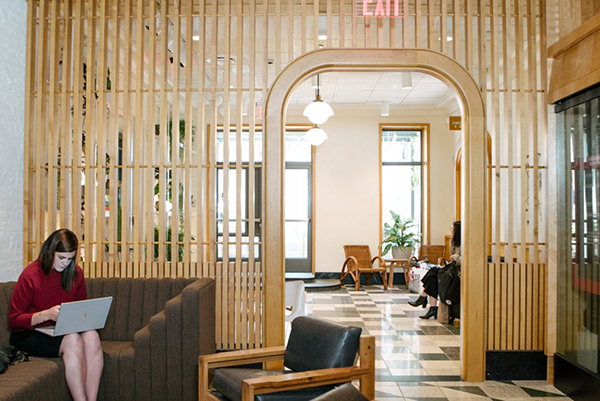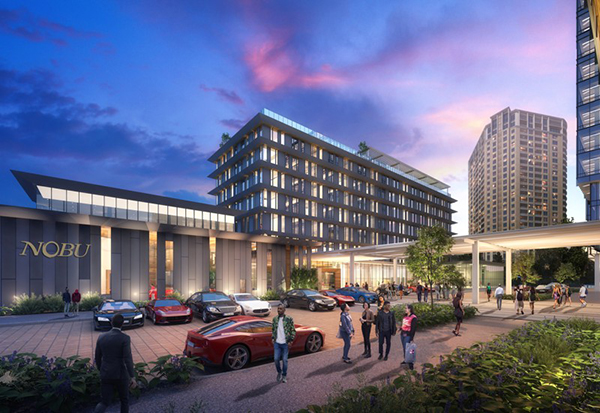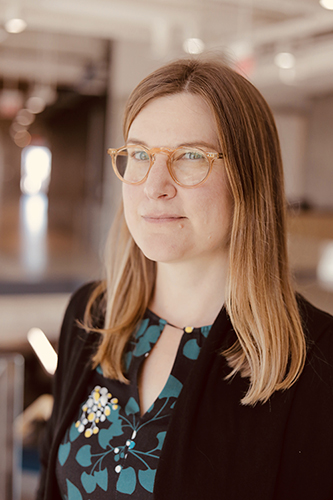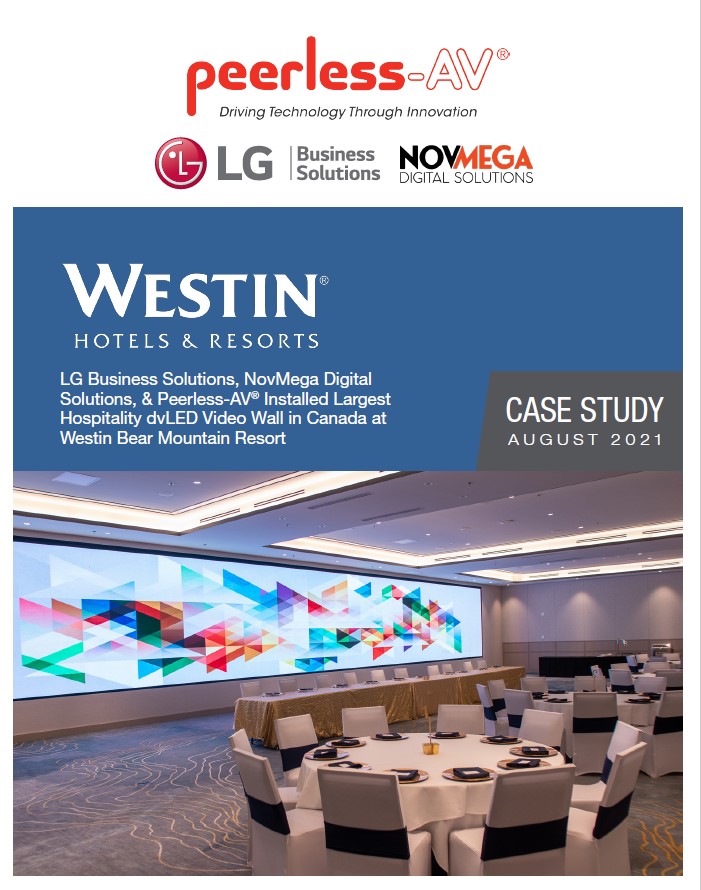Learn How AV Supports Some of the Trendiest Names in Hospitality
One of the fun parts of the AV business is having the inside knowledge on how cool things are designed and built. We’re often one degree away from the shows and experiences that are making headlines. And it's not just a boasting thing, either, it's a true camaraderie among practitioners.
Along those lines, when you go to InfoComm this year in Orlando, there are two sessions in particular that will deliver connections to major projects. While specifically related to hospitality, these two brands have redefined not just how their industry operates, but the experience of many other vertical markets as well.
Ace Hotel and Microsoft

Credit: Microsoft
Ace Hotel and Microsoft will present an InfoComm session on how the composer
Julianna Barwick (pictured) created the Lobby Score for Sister City using
Microsoft AI to translate a rooftop camera feed into a generative sound piece.
Conversations about the Ace Hotel, or IN the Ace Hotel, are usually all about the lobby. The supreme indie chain helped to redefine the interstitial moments between arrival and departure, identifying the high-value factor found in lingering.
People who linger feel connected. People who feel connected come back for more. And soon the lobby where people feel connected becomes an experience that everyone wants to replicate.
So maybe it’s not a surprise that the Ace Hotel brand studio, Atelier Ace, has created a new hotel spinoff that once again reinvents the lobby experience. The new Sister City hotel in New York features a lobby that looks minimal but feels maximal in terms of soothing good vibes, thanks to a subtly integrated audio installation.
Created as a collaboration with the composer Julianna Barwick and Microsoft, with technical realization by Listen, the “Lobby Score” connects the outdoors with the indoors in a sonic reproduction reflecting the subtle changes in atmosphere above the hotel.
Learn how Microsoft AI translates visual elements captured by a camera on the rooftop into generative music that constantly evolves in the lobby below in the session “The Space is the Place: Creative Collaboration between Ace Hotel and Microsoft,” taking place on June 13 from 11:00 a.m. - 12:00 p.m.
Nobu and Baker Audio Visual

At InfoComm, Baker Audio Visual will present a case study session on how the
integration firm is working closely with Nobu on its new hotel and restaurant
location in Atlanta.
Another undeniably big name in hospitality is Nobu. With its renowned namesake chef and celebrity ownership, along with the A-list guests who partake in the creature comforts provided in Nobu’s exquisite hotels and restaurants, Nobu is writing the book on appeasing all the senses.
So, what does that mean for AV? Well, it means sound, video and interactive elements need to be as sleek and chic as any other element of the Nobu properties. And they’d better be subtle and invisible — both in terms of aesthetics and also in terms of not drawing attention from technical difficulties.
Everything has to work right the first time and look beautiful at Nobu, which means that the architects and builders who work with the brand are thinking about every element of design far in advance of construction. This includes AV, happily, as experiential technology gains more importance in the total function of a space and integrators are brought into the design team far earlier than in the past.
Find out how Baker Audio Visual is working closely with Nobu and The Beck Group, to create the perfect experience at the new Nobu Hotel and Restaurant, destined to open in 2021 at Phipps Plaza in Atlanta. Come to the session, “Case Study: Nobu Atlanta and the AV Design Process” on Friday, June 14 at 10:30 a.m. - 11:30 a.m.






